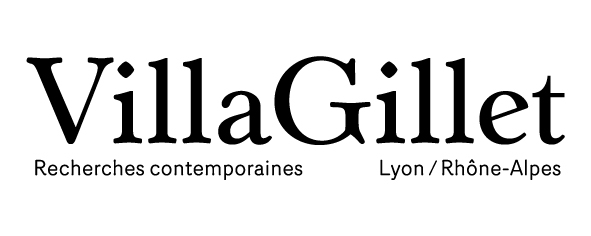Nickolas Butler: On Rural America
![[title-image]1332154761834[/title-image] Nickolas Butler © Nick St Martins Press](https://cle.ens-lyon.fr/anglais/images/nickolas-butler-1_1442308276750-jpg)
Les éditions Christian Bourgois publieront prochainement un recueil en français des textes écrits à l'occasion des assises du roman.
"One of the key problems in American society now is people's lack of commitment to any given place -- which is totally unnatural and outside of history. Neighborhoods are allowed to deteriorate, landscapes are allowed to be strip-mined, because there is nobody who will live there and take responsibility; they'll just move on. The reconstruction of a people and of a life in the United States depends in part on people, neighborhood by neighborhood, county by county, deciding to stick it out and make it work where they are, rather than flee." - Gary Snyder
Until about a year ago, I had lived my whole life in urban areas. The smallest cities I had ever called home was likely during graduate school, when I commuted between Arden Hills, Minnesota (population: 9,704) and Iowa City, Iowa (population: 67,862). And in fairness to Arden Hills and Iowa City, both communities are much larger than their census estimates, due in part to their proximity to other larger growing cities, and their migrating student populations. The largest city I had ever called home was Chicago, where I once lived for a year during college, in a small room so close to the elevated train tracks I could have thrown a baseball and hit the passing EL. Chicago, is a world-city, a metropolis with more than 2.6 million people living in the city proper alone, never mind the sprawling rings of suburbs. And according to the 2010 US Census more than 80% of the American population lives in urban centers, a number that only seems to be rising.
But by now, you might be thinking, “What does this have to do with America’s troubled identity? What does it have to do with this America’s writing?”
I may have always lived in cities, but I never really wanted to. After living for a year in Chicago, what I wanted most was to move back to Wisconsin, and to pursue a life-style that might afford me: clean air, clean water, dark night skies, and a more intimate connection to the natural world. It was important to me, for example, to feed wild birds, to live close to coyotes, deer, bear, sand hill cranes, eagles, owls, and hawks.
The trouble is, in America, most of the jobs and money are focused in cities. Unless a person lives in a rural tourist destination, it can be very difficult to scratch out a living in say, Michigan’s Upper Peninsula, or Minnesota’s Iron Range, or beside the shores of Lake Superior in northern Wisconsin – to name just a few picturesque, wild, Midwestern landscapes. These are areas of America that I grew up camping, hunting, canoeing, and backpacking in, areas where I encountered wolves, moose, bear, the Aurora Borealis, and backcountry streams so clean a hiker could drink out of them without fear of giardia.
However, there are almost no jobs in these places. The small towns there are dying, the remaining inhabitants aging, the infrastructure crumbling.
And yet, I believe Americans want to reside in these places. I believe that there is something in our American collective consciousness that is at the very least, curious about these places. But perhaps more to the point, many of very same young people now migrating to Portland, San Francisco, Brooklyn, Minneapolis, Austin, and Nashville – are from these rural areas. To them, rural America was, perhaps always will be, home.
That is the conflict that gnawed at me for over a decade. That is the conflict inherent in the characters of my novel, “Shotgun Lovesongs”, and now in my collection of short stories, “Beneath the Bonfire”.
As long as the notion of “home” means something more than a job, something more than money, and as long as Americans move from community to community, ostensibly chasing better and better opportunities, there will remain a disconnect between where America lives, and where it longs to call home.
Pour citer cette ressource :
Nickolas Butler, Nickolas Butler: On Rural America, La Clé des Langues [en ligne], Lyon, ENS de LYON/DGESCO (ISSN 2107-7029), septembre 2015. Consulté le 11/02/2026. URL: https://cle.ens-lyon.fr/anglais/litterature/entretiens-et-textes-inedits/nickolas-butler-on-rural-america



 Activer le mode zen
Activer le mode zen

